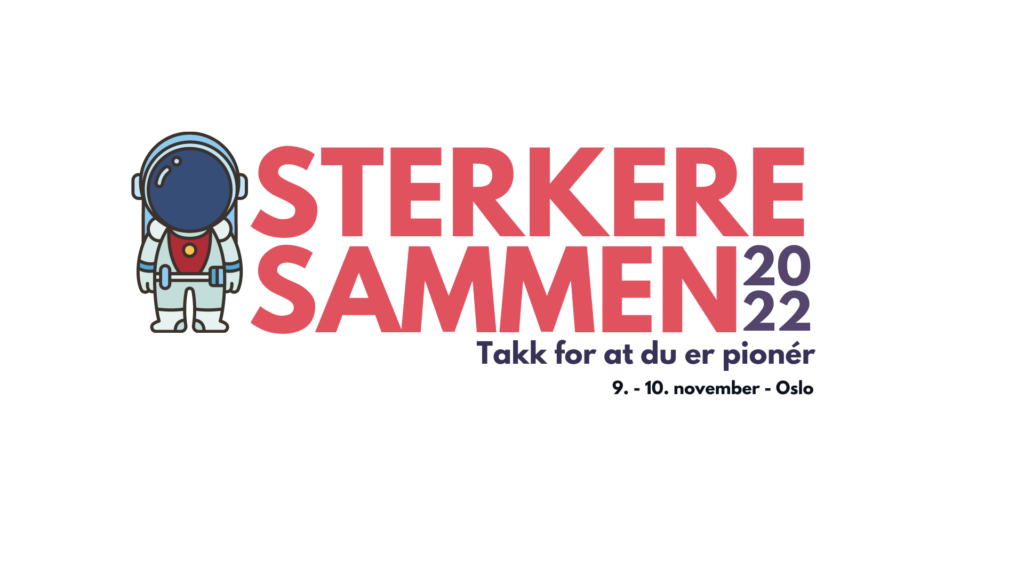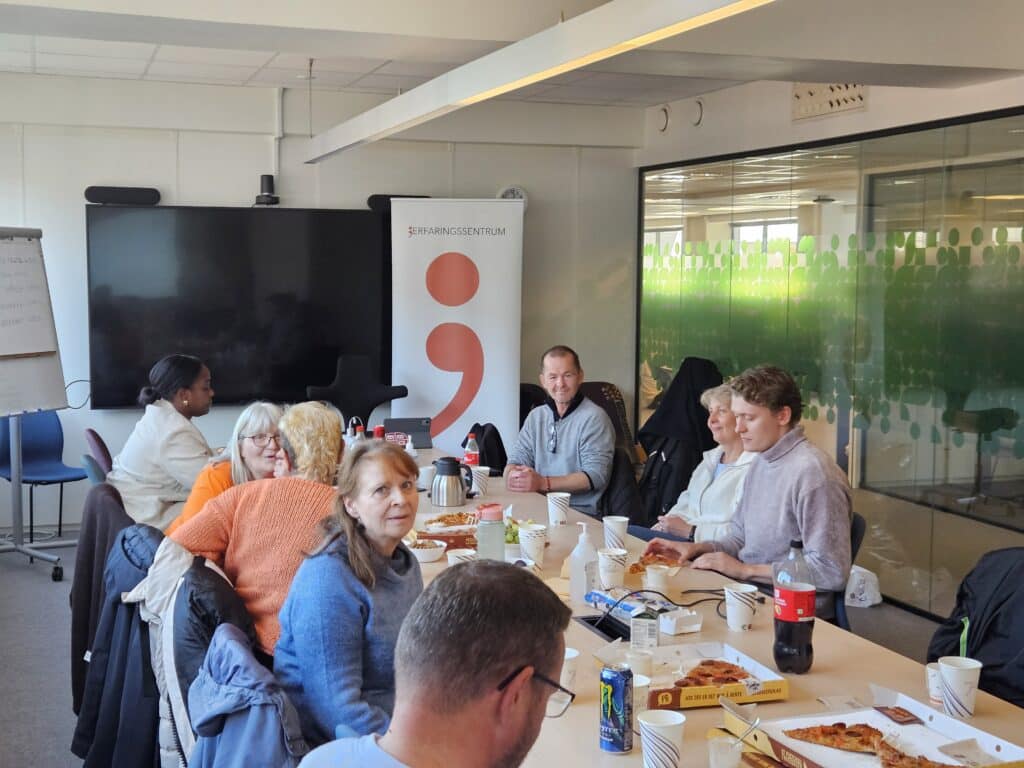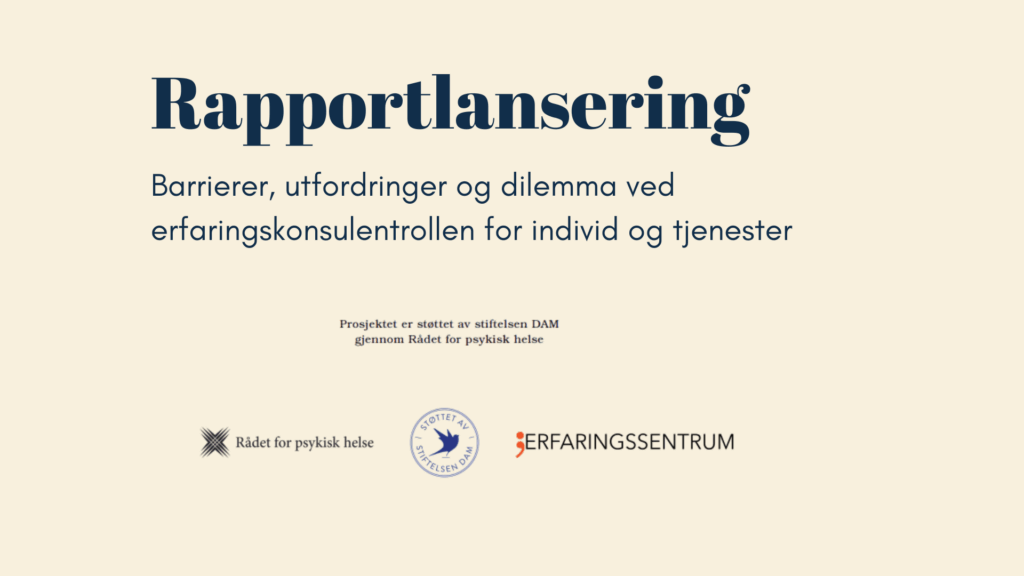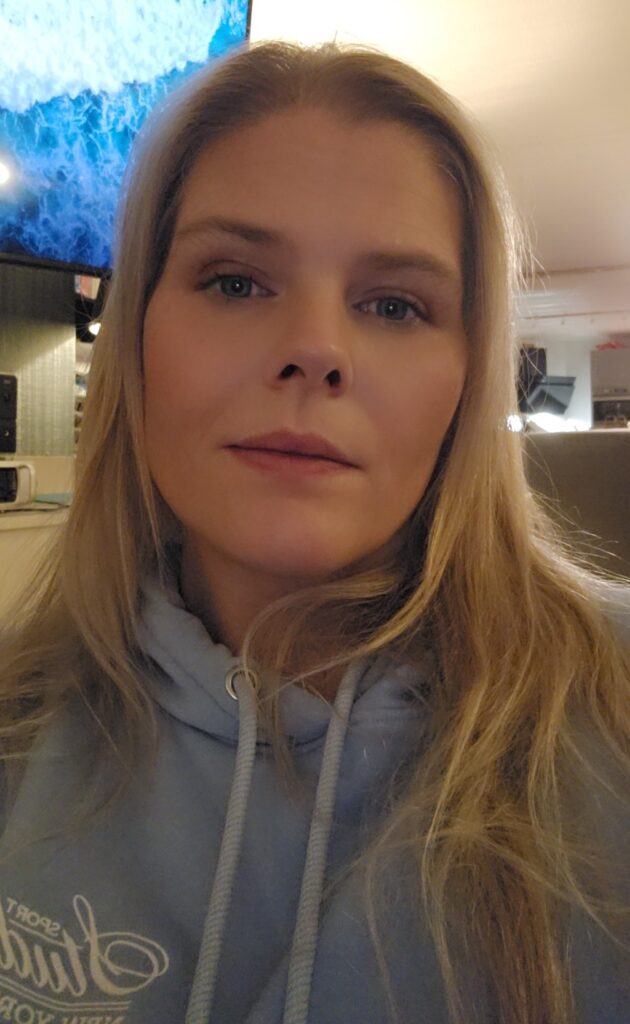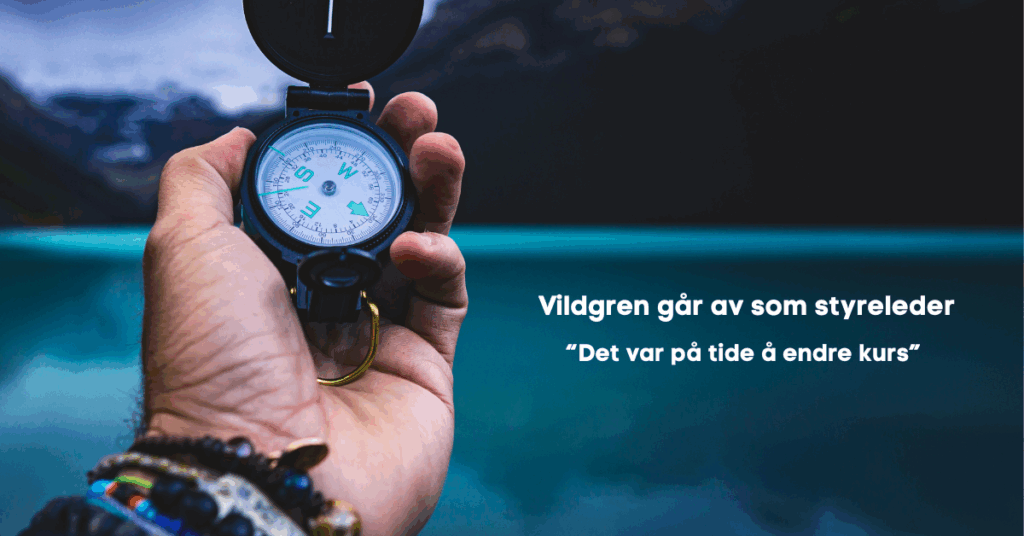
Who are you? And what motived you to research on peer support workers?
My name is Ashleigh Charles and I am a PhD student at the University of Nottingham based in the Recovery into Research Team led by Mike Slade. My motivation to research peer support stemmed from when I was younger, and I had the opportunity as a peer to connect with others who I could relate to and share experiences with. This experience inspired me to explore opportunities in mental health including campaign work, support work, clinical practice, and research. From being a member of the young person’s time to change panel, to raising awareness through local anti-stigma campaigns, to supporting individuals in the community and as a nurse on mental health wards, and now carrying out research as part of my PhD. I recognize and understand the power of peer support and its potential to transform the lives of others, groups, and mental health services.
What is the Upsides project and how where you involved?
UPSIDES stands for Using Peer Support in Developing Empowering Mental Health Services. The UPSIDES projects aim to scale up peer support interventions for people with mental health problems in high-, middle- and low resource settings including India, Uganda, Tanzania, Israel, and Germany. UPSIDES aims to improve the lives of large numbers of citizens by adapting per support to be appropriate for local cultures and contexts. I was a research assistant on the UPSIDES project, and I was involved in researching the evidence base for peer support in UPSIDES and coordinating translation for the different study sites.
What will be the most important talking point in your presentation?
The three key messages of the presentation will be: (1) talking about the findings from an international study on initial training for peer support workers, (2) providing a global overview of how peer support work is modified in different contexts, and (3) discussing my preliminary PhD findings about the impact of organizational culture on peer support workers working in multidisciplinary teams.
- What do you envision for the future of peer support work?
I envision the future of peer support as one that is driven by the goals and motivations of peer support workers. My future vision is that peer support will have an impact that expands beyond the role, and I hope that it can open opportunities for all individuals regardless of role or profession to use their lived experience to support individuals.
- What do you look most forward to about coming to Norway in November?
I look forward to meeting and learning from the peer support workers and developing new collaborations with research colleagues in Norway.

